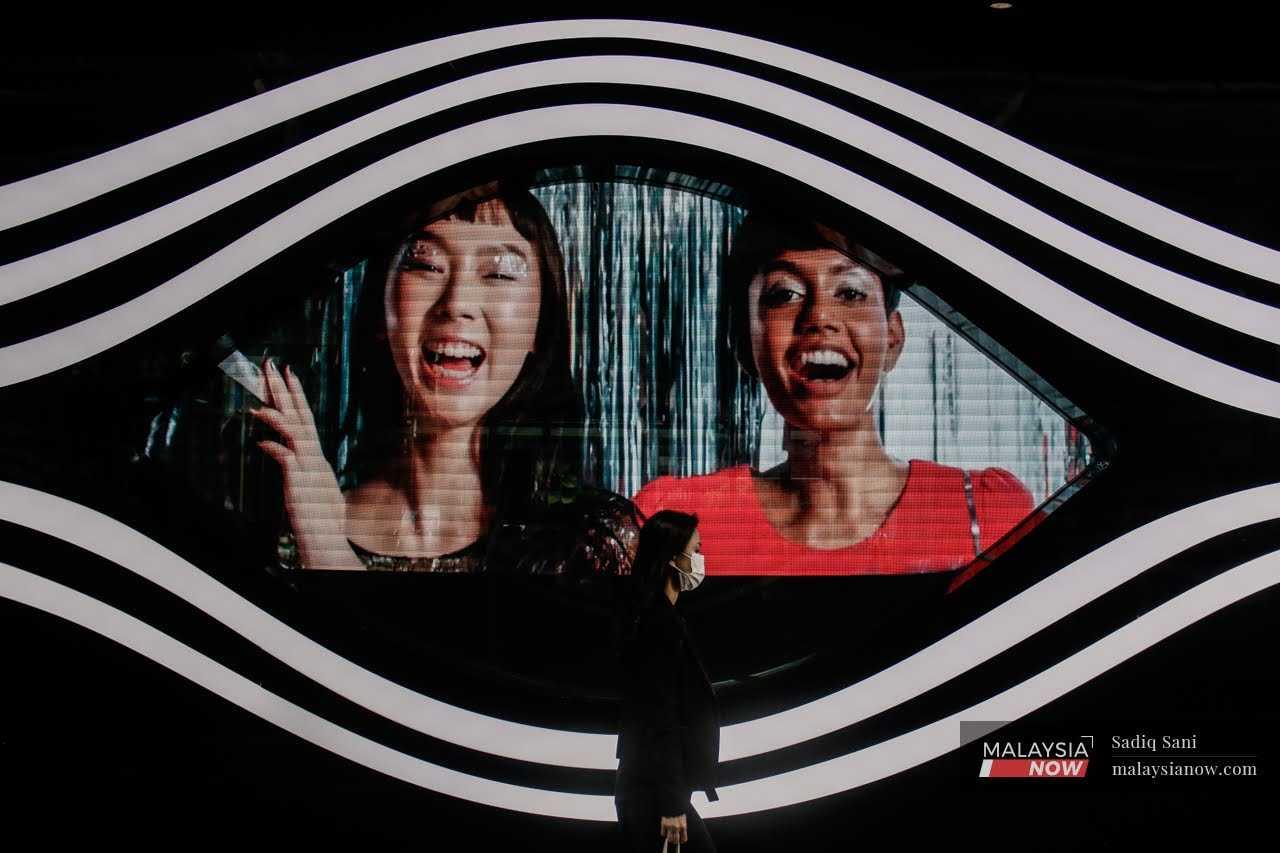Define 'luxury', experts say ahead of tax on pricey goods
Without a fixed definition, they say, the scope of the tax might change over time, affecting more items and consumers.
Just In
Tax experts have called for a set definition of luxury goods before a tax on such items is established, as outlined by Prime Minister Anwar Ibrahim in the new budget for 2023.
Mohd Fairuz A Razak said in a developing country like Malaysia, the most basic facilities like electricity, air transport and even certain clothes could be considered subjective.
"If a luxury tax must be introduced, a clear and distinct definition or categorisation of which items are considered luxury goods should be established," Fairuz, the secretary-general of the Malaysian Association of Tax Accountants, said.
Speaking to MalaysiaNow, he added that variations and inconsistencies regarding the definition of "luxury" existed from country to country.
Retabling the budget in the Dewan Rakyat last week, Anwar who also holds the finance portfolio said that the government had no plans to reintroduce the goods and services tax (GST).
Instead, he announced the luxury tax as well as a hike in income tax rate of between 0.5% and 2% for those earning between RM100,000 and RM1 million.
His deputy finance minister Steven Sim later said that the increase in tax rate would only affect those earning a taxable income of RM230,000 and above per year.
A luxury tax is a tax imposed on goods that are considered expensive, unnecessary and unimportant.
Such items include cars, private jets, yachts and jewellery.
In Norway, Fairuz said, cars and chocolate alike are considered a luxury and subject to a luxury tax.
"There is also a risk that, over time, the term 'luxury' may change and goods that were once considered ordinary will become subject to the luxury tax, affecting more people," he said.
While the tax projection is estimated at about 4% to 5% of last year's income, he added, the data for those subject to the tax was still uncertain due to overhanging questions.
In line with inflation, he said, more goods might be taxed if the government needed to increase its income.
Economist Carmelo Ferlito said a luxury tax could be seen as against the principle of horizontal equity, which refers to the taxation of purchases instead of the type of product.
"Intuitively, the authorities tend to define luxury goods as goods that exceed a certain value.
"But here, the definition is totally arbitrary. There is no hard science for this," Carmelo, of the Center for Market Education, added.
Carmelo had previously criticised the government's narrative of "taxing the rich" through a boost in tax rates and the tax on luxury goods, saying it would bring no "real benefit for the country".
Fairuz meanwhile said that in other countries, the luxury tax is implemented through inclusion with the GST, and paid by the vendor who might then pass on the cost to consumers.
He gave the example of the US, where Congress enacted a 10% federal luxury tax in 1991.
"It was charged on the first sale price of some items sold for more than a certain amount," he said.
Carmelo agreed that the luxury tax would likely be implemented through an increase in sales and services tax percentage for certain goods.
"With regard to purchase habits, I don't think it will bring a radical shift in consumption habits," he said.
"It is more likely to send out the wrong psychological signal, putting Malaysia more and more in the territory of populist policies."
Subscribe to our newsletter
To be updated with all the latest news and analyses daily.
